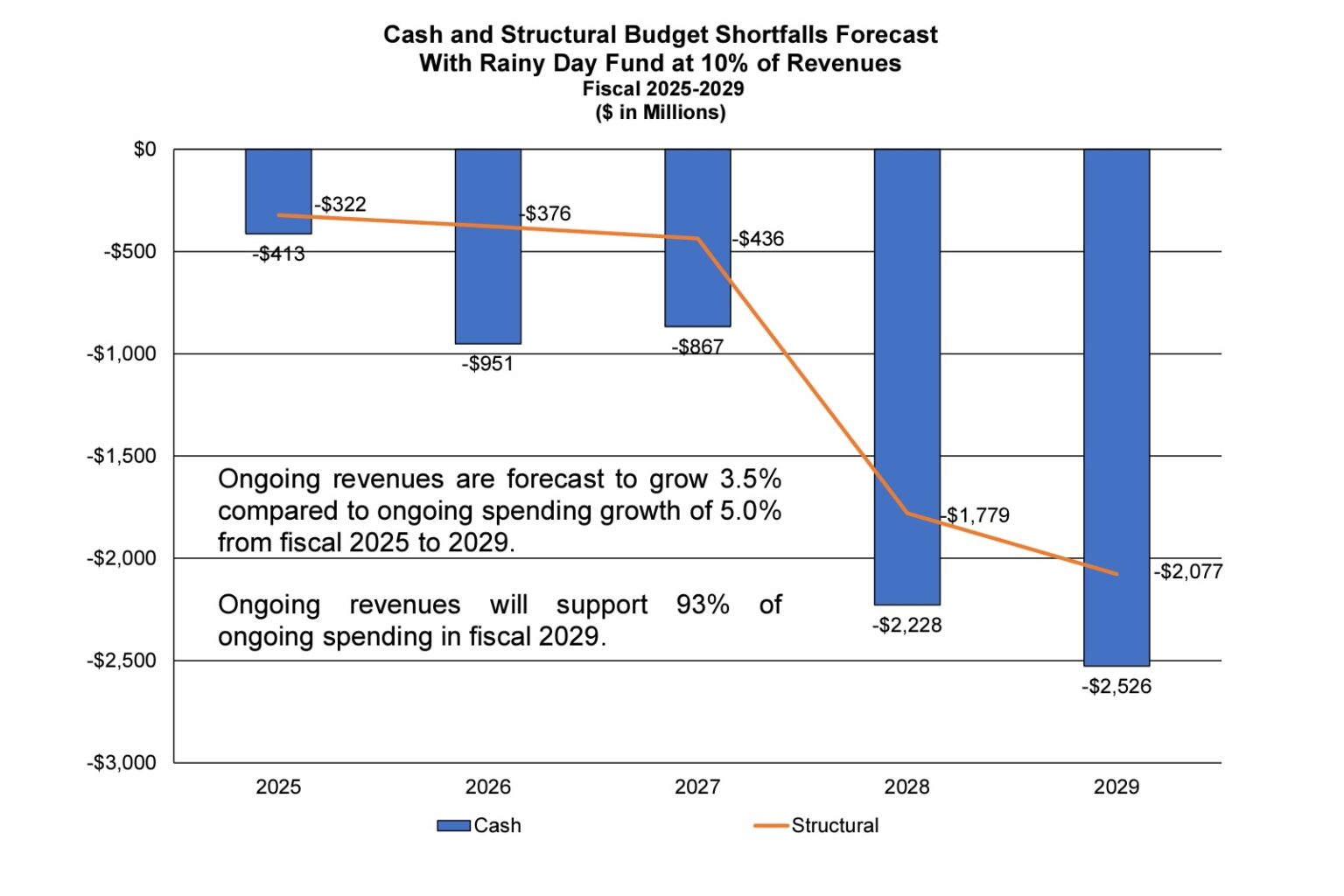Maryland Governor Announces $121 Million in Budget Cuts amid Criticism
The announcement from Gov. Wes Moore of Maryland instituting a hiring halt, discontinuation of vacant roles, and the offering of buyouts to certain staff, has sparked differing reactions among members of the Maryland General Assembly. It is noted that the Republicans view the recently enacted budget as excessive, attributing the current situation to fiscal mismanagement. On the other hand, Democrats are pointing fingers at the Trump administration and the Department of Government Efficiency.
Moore’s declaration of $121 million in budget cuts didn’t go unnoticed. Critics, particularly from across the aisle, noted the action was overdue, arguing it should have occurred months ago during the legislative session. This criticism came after lawmakers had dedicated significant time to budget planning and execution.
Representative Jesse Pippy, a Republican from Frederick and Carroll County, currently serving as the Minority Whip, expressed his concerns claiming the budget overspending, misaligned figures and forecasted diminishing beneficial impact for the state’s workforce. Pippy conveyed what he believed was the consensus among Maryland taxpayers, that these actions were evidences of tax dollar mismanagement.
Meanwhile, Democratic State Senator Craig Zucker from Montgomery County, attributed the budget deficit to Federal DOGE cutbacks. He acknowledged that Gov. Moore had taken necessary steps for a controlled reduction in the budget. Zucker emphasised on the need for Maryland to safeguard its citizens via fiscal responsibility reinforcing the fact that cutting back on expenditure was one of the ways to do it.
Dealing with challenging and unpredictable times is the main message the Governor’s office is trying to pass across. The office is advocating for department heads to employ novel methods of cost reduction, which include transitioning contracted roles in-house and consolidation of physical spaces.
According to the Governor’s proclamation, this hiring freeze could extend until the culmination of the fiscal year. The state’s ability or inability to recruit new staff may depend heavily on the financial health of Maryland at the end of this period.
In response to Gov. Moore’s hiring freeze declaration, President of the Maryland Council 3 of the American Federation of State, County, and Municipal Employees (AFSCME), Patrick Moran, issued a statement. While acknowledging the need for the state of Maryland to sail through tough and unpredictable times, he stressed that it shouldn’t impinge on the delivery of quality state services.
Patrick Moran further pointed to an increasing need to address what he refers to as the state’s ongoing problems, including chronic staff shortage, unsafe working conditions, and unmanageable workloads. From his perspective, these crucial issues would certainly confront the state’s potential decision to tighten the budget.
Moran, who heads a union representing above 50,000 public service workers within Maryland territory, of which over half of them serve the state, highlighted his organization’s commitment to advocating for their members’ interests. He revealed they had been maintaining a tight dialogue with the Governor’s office, ensuring that any decision made would be in the best interest of state workers.
In the wake of massive prior job cuts under the Trump administration, Maryland government extended a lifeline to the unemployed federal employees, inviting them to apply for roles within the state government. This gesture was perceived as an attempt to lessen the blow of unemployment resulting from federal cutbacks.
As the particulars about Moore’s proposed plans are yet being finalized, preliminary indications suggest that certain ‘crucial positions’ within the state’s public sector may potentially give precedence to former federal employees. This could provide a much-needed safety net for those who lost their jobs during the federal cuts.
As different reactions continue to stream from various quarters, the air is filled with speculations and questions about the final impact of these fiscal policies. Could it be that the politicians are forgetful of the potential impact on those in the middle and lower income brackets? Only time will reveal the complete ramifications of this budget freeze and its multiplicity of effects.
One thing, however, remains certain. The budget misalignment and cuts are sparking an important conversation about fiscal responsibility and the careful management of public funds. Regardless of political affiliation, it appears that the aim of everyone involved is to ultimately serve in the best interests of Maryland’s constituents. Hopefully, the ensuing discussions will pave the way for decision-making that promotes both fiscal responsibility and the wellbeing of state employees.

